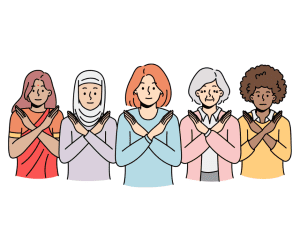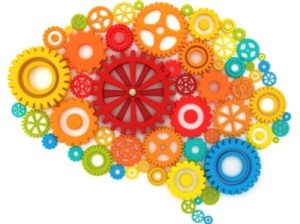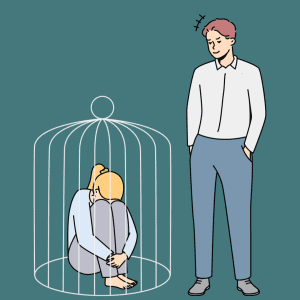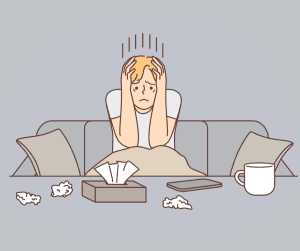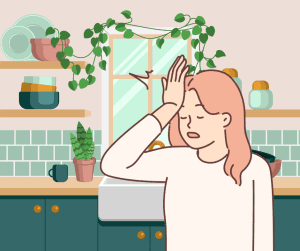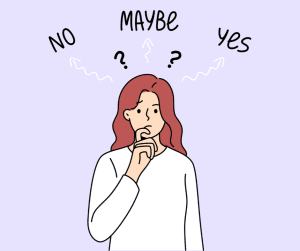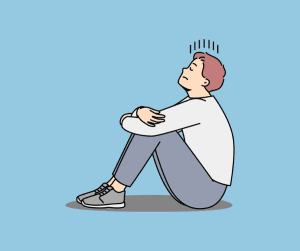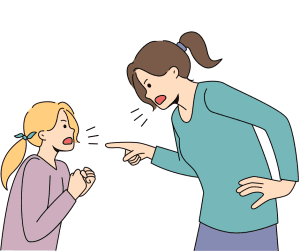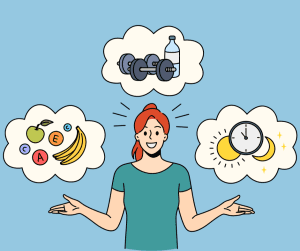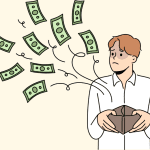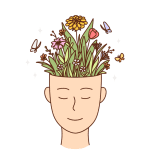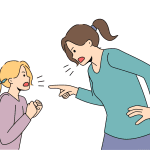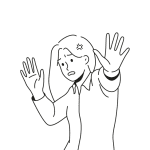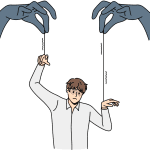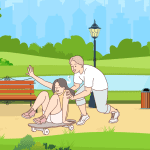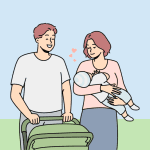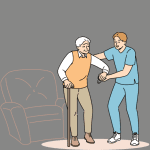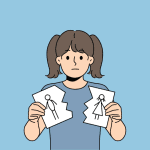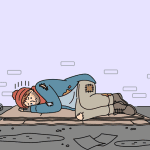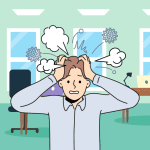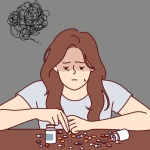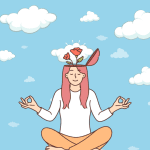You may have come across a few words or terms to describe those within the gay community. This could have been by overhearing or participating in conversations, and/ or via the use of the internet. But what do these terms mean?
Definitions:
Coming Out- the process of acknowledging your sexual orientation or gender identity and integrating that awareness into your personal and social life.
Gay- a person who is physically and emotionally attracted to someone of the same sex. The word gay can refer to both males and females, but is commonly used to identify males only.
Gender Identity– a person’s internal feeling of being male or female, which may or may not be the same as their biological sex.
Homosexual- a person who is attracted emotionally and sexually to people of the same sex.
Bisexual- a person who is attracted emotionally and sexually to both men and women.
Heterosexual – a person who is attracted emotionally and sexually to people of the opposite sex.
Homophobia- the fear and/or hatred of homosexuality in others. This is often exhibited by prejudice, discrimination, intimidation, or acts of violence.
Intersexual- a person born with ambiguous sex characteristics that do not conform to cultural or societal expectations of a distinctive male or female gender. For example, some intersexed individuals are born with the reproductive organs of both males and females or ambiguous genitalia.
Lesbian- a female who is physically and emotionally attracted to other females.
Queer- historically, a negative term for homosexuality. More recently, the LGBTQ community has reclaimed the word and uses it as a positive way to refer to itself.
Sexual Orientation- an enduring emotional, romantic, or sexual attraction that a person feels towards men, women, or both. Importantly, sexual orientation is not always synonymous with sexual activity.
Transgender- a person who identifies her/himself as being of the opposite gender. Transgender people may opt to change their gender to reflect who they are.
Transvestite- a person who feels the need to put on clothes typically used by the opposite sex.
Questioning- a person who is still in the process of figuring out their sexual/ gender identity.
LGBTQ- Lesbian Gay Bisexual Transgender and Queer.
Asexual- Lack of sexual attraction to others; low or absent sexual desire or interest in sexual activity
Non-binary- Gender identities that are not solely male or female.
Am I ok?
Just because most people are heterosexual, it does not mean that those who are gay, bisexual or transgender are not also normal.
Being LGBT is not a mental illness. What this means is that those who identify as LGBT people are still able to abide by the law, contribute to the society they live in, and form lasting relationships just like everyone else.
Everyone is unique in their own way, and with this comes differences. Things that make us different from others. What you should always remember is that different does not mean bad. Some may still not accept those who are LGBT, but this is only due to a fear of the unknown. As time passes, acceptance will come.
As of now, believe within yourself that you are normal, even if others say otherwise.
How did I turn out this way?
Many LGBT people ask themselves this question, and there has been research undertaken in attempt to answer this. Theories on why and how have been explored and can be found with a simple internet search.
There is nothing wrong with being apart of the LGBT community. Your sexuality will not stop you from achieving your goals, it’s only one part of what makes you you.
How do I know for sure that I am LGBT?
Just like other aspects of personality and identity, sexuality also takes its time to develop. It is important that you are not afraid to feel and experience these changes. Some people feel different from a young age while others realise when they are much older.
Do not pressure yourself into labelling yourself as LGBT. And remember that you do not need to start a relationship with someone of the opposite sex to validate whether you are gay. This is the same when questioning your gender identity. Do not make any decisions that you feel uncomfortable with.
Is this a phase?
Whilst growing up it is common to question and experiment with your sexuality. Having an intimate experience with someone of the same sex does not make you automatically gay; just like having an experience with someone of the opposite sex does not automatically mean you are heterosexual.
If you are generally attracted to people of the same sex then that is an indication that you are in fact gay.
Sexuality is not as clear cut as being black or white, and is not always easy to label. Time will tell whether or not the feelings you are experiencing are a phase or not. But do not feel the need to rush into making any decisions.
But I’m not camp/ sissy or a tomboy
Not every gay man has feminine mannerisms and not every lesbian is masculine. These are stereotypes and the result of media and social representations of LGBT people throughout the years.
The most important thing is that you are true to yourself and that you do not let other people limit who are as a person. You do not need to conform to the stereotypes to identify as LGBT.
Coming out of the closet
Coming out to someone is an important step for people and is different for every person, however it is also something that you should only do when you feel comfortable and have support. Be prepared for a range of reactions and be patient as other people work through their own feelings.
And remember:
- No two coming out experiences are ever the same.
- Prepare yourself: read all the information you can on being gay so you know the facts from the myths.
- Come out to people one at a time and somewhere private.
- Set the scene: make sure you have the time and space to share this information with the person you are coming out to.
- Never come out in an argument or to hurt someone.
- People may initially say things that are hurtful to hear and not realise. Try to remember that they are simply unaware and in a state of surprise.
- They may already know.
- Don’t have your lover with you.
- Be ready for them to need time and space to think before any discussion takes place.
- Be ready for them to ask questions that may or may not offend you.
- There will be people who will never be supportive no matter what is said.
- Always have an escape plan. You may not need it but if you do, you won’t be surprised.
- Have a place to crash for the night, and money in case a worst case scenario happens.
- Have resources for you to call, you need support too.
- Just because you came out to someone once doesn’t mean you will not need to do it again.
- Breathe! It will all be ok!
What do I do if I get bullied or discriminated against?
It’s important that you recognise the things you should not have to put up with, such as bullying, harassment or discrimination.
Bullying consists of repeated acts through which a person or group hurt someone else emotionally, verbally or physically. As a result, the bully feels intimidated and afraid to fight back. If you are a student and getting bullied you have the right to ask for help from your teachers, guidance teacher or head of school. If you feel that action hasn’t been taken after you speak to these people, you can contact the anti-bullying service for schools on 21231567.
Harassment involves continued unwanted and annoying actions from a person or group to another person, including threats and demands. The reason behind harassment may vary, including prejudice, personal malice, wanting something from the other person (like sexual gain or money) or to feel powerful. Discrimination is the unjust or prejudicial treatment of groups of people, such as for being gay. If you have experienced harassment or discrimination on the basis of sexual orientation can report this to the National Commision for the Promotion of Equality. If such harassment or discrimination is related to employment, you can also report it to the Industrial Tribunal. Such issues include alleged unfair dismissal, discriminatory treatment, breach of the principle of equal pay for work of equal value, and victimization.
Let’s talk about sex!
The decision to have a sexual relationship with another person, whether they are same or opposite sex involves some risk. HIV/ AIDS and other sexually transmitted Infections / Diseases (STIs) / (STDs) are serious but can be avoided. Keep in mind that being LGBT does not put you at greater risk of infection if the necessary precautions are taken.
Health professionals insist on the use of condoms. These will protect you from unwanted pregnancy as well as STIs. However, it is important to know that even with the use of condoms, STIs can still be contracted through oral sex.
You are encouraged to be responsible when having sexual encounter. However, if you have any concerns about your sexual wellbeing you can call the GU clinic on 2122 7981 for a confidential and free medical test.
Who can I talk to about all this?
There are a number of services that you can can contact:
National Gay helpline – Open Mon-Sun 8am-8pm
Numbers: 2143 0006/ 9925 5559
The Rainbow Service – LGBT Youth Drop-In open Tuesdays between 17:00-20:00
Facebook Page: https://www.facebook.com/rainbowsupportservice/
Drachma– offers a space open to LGBT persons, their friends and family, where sexuality and spirituality can be integrated in a healthy way (this is a service for catholics).
Website: www.drachmalgbt.blogspot.com
Email: drachmalgbt@gmail.com
Facebook page: https://www.facebook.com/drachmalgbti
Numbers: 7925 3875 (LGBT), 7944 2317 (Parents)
Aditus Foundation – provides legal information and advice on equality and human rights issues, including LGBT.
Website:
Email: info@aditus.org.mt
Numbers: 2010 6295 / 7707 2221
Where do I meet other LGBT people?
When you have accepted your sexual orientation or gender identity you may wish to meet other people who are going or have gone through the same experience. There are different ways to meet other LGBT people; either personally or online. There are a small number of local LGBT hangouts however, going there on your own may be difficult until you make friends. There are also several LGBT organisations, which you could join.
The Malta Gay Rights Movement organises various events throughout the year which are easier to access and you can arrange to meet one or two of the volunteers beforehand so that it will be easier to then join a bigger crowd. You can check their website or on Facebook. The National Gay Helpline can also direct you in this.
Furthermore, We Are (a University-based organisation) organises social events for LGBT youth.
This article was prepared through collaboration between MGRM and Kellimni.com
